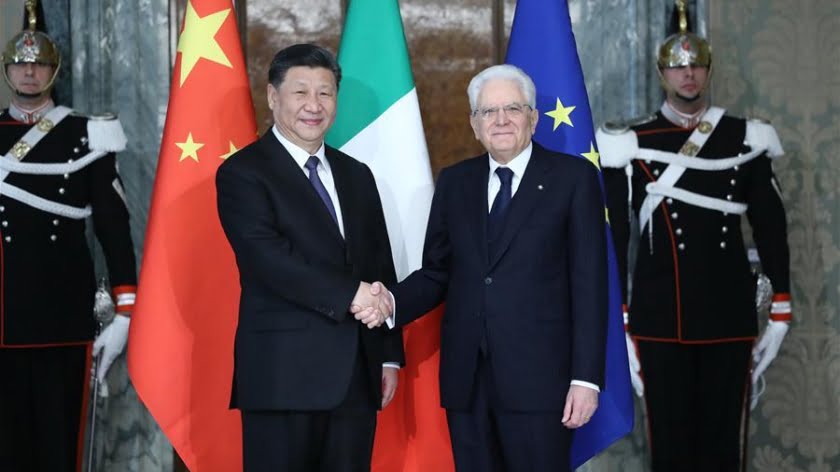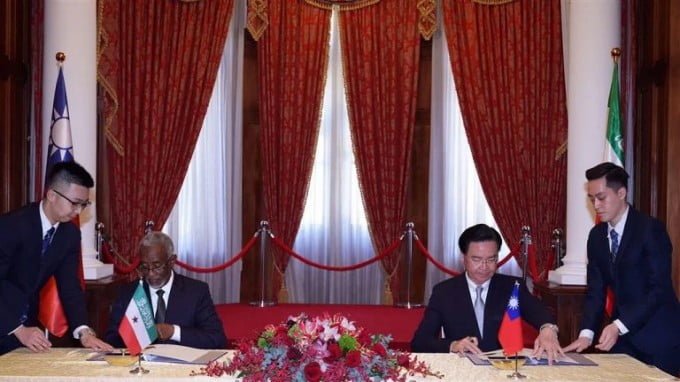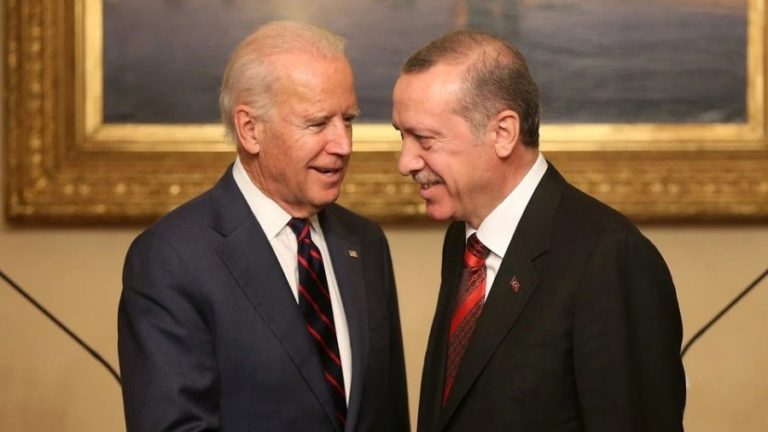EU-China Summit: A New Era for Eurasia
Next week’s EU-China Summit and the subsequent 16+1 gathering a few days later mark a new era for Eurasia where the East is coming to the West with trade and services and not vice-versa like before. The first-mentioned will take place on 9 April in Brussels while the second will commence on the 12th in the Croatian port city of Dubrovnik, and both events are occurring against several significant strategic backdrops.
Firstly, the trans-Atlantic rift between the US and the EU has widened over the past two years and pushed the bloc to strengthen its partnership with China. Secondly, the countries of Central and Eastern Europe are rising as important voices of reform within the EU and have also interestingly become China’s economic launch pad into the continent. And thirdly, the US is putting serious pressure on its NATO allies to reject China’s Huawei and seek other 5G solutions instead.
The wind appears to be behind China’s sails, though, since it just recently pulled off several successes. President Xi signed the first Belt & Road Initiative partnership deal with a G7 country during his recent visit to Italy, and his country’s control of the strategic Greek port of Piraeus and planned construction of a high-speed railway between it and the Hungarian capital of Budapest have laid the basis for a so-called “Balkan Silk Road”. In addition, the US has yet to convince the EU as a whole to boycott Huawei.
It shouldn’t be overlooked that China is already the EU’s largest trade partner, a position that it’ll likely continue to hold as long as the US is engaged in its so-called “trade war” with the rest of the world. This means that there are serious limitations to how much it can oblige the US by submitting to the unipolar hegemon’s pressure to distance itself from the People’s Republic, as it would unquestionably result in heavy self-inflicted damage if carried out clumsily and without any proper planning.
That said, some EU figures have begun to express concern over China’s growing control of strategic industries in the continent, believing that this could pose a long-term national security risk. They also think that China’s influential rise in the Central and Eastern European countries could embolden their populist-reformist leaders to more confidently push back against Brussels and deepen the intra-bloc divide. For these reasons, the outcome of the upcoming summits will be especially important.
By Andrew Korybko
Source: Eurasia Future







